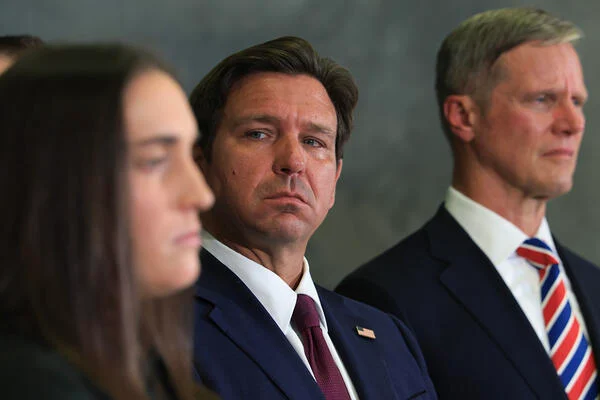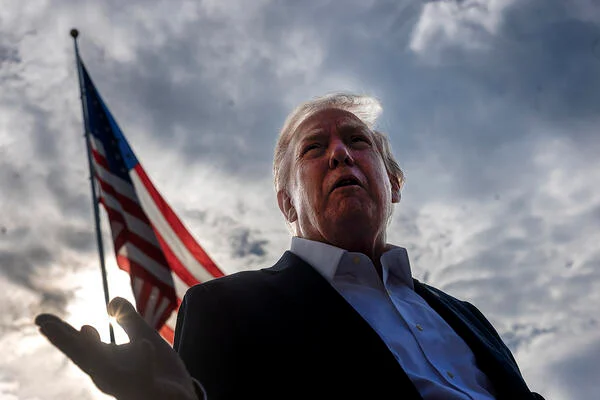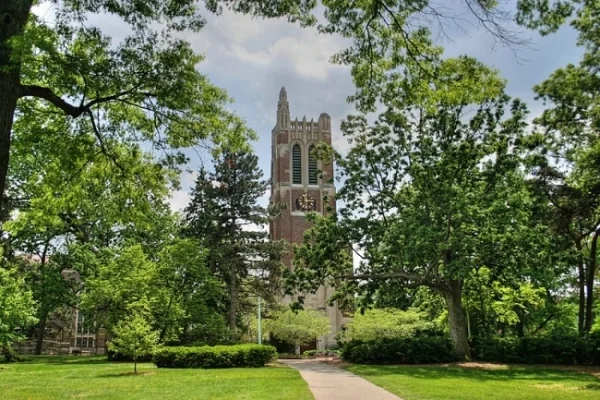Here’s a question that I think lots of people in higher education may be confronting over the next few weeks: What should we do with the personal statement for graduate admissions?
I’ve now seen multiple anecdotal reports on social media (and also in my email inbox) of faculty on graduate admission committees across different subjects remarking that they think students are making significant use of large language models in drafting their personal statements.
This feels dismaying, particularly in disciplines like creative writing and English, where we would expect students to take some interest and pride in their own unique expression.
The easy narrative around this behavior is to lament over declining standards and student capacities, a lament as long and loud as the existence of organized education, but a lament also that prevents a deeper look at what’s driving the behavior and, in turn, what we could do to incentivize choices that we feel are better aligned with the goals of the institution and program.
Rather than blaming this on defective students, I think we’re incentivizing this kind of behavior, the same way we retain incentives for students to complete homework with large language model outputs.
From the beginning I’ve argued that one of the chief benefits of large language models is that their capacity to mimic human outputs gives us an opportunity to consider more closely what we actually want from writing that is supposed to come from humans working as humans.
Here’s my attempt at a deeper look at this phenomenon.
First, what are students thinking and experiencing, and how do these things impact their choices?
- With the personal statement, students don’t have a firm idea of what they’re being asked to do and what the audience might want in the piece of writing.
The personal statement is a strange and unfamiliar genre to most of the people tackling them. The desirable end to the transaction—admission—is clear, but the communication that would result in that end is decidedly not clear. I have never been on the receiving end as part of an admission committee, but I have helped dozens of students attempt to draft these letters, and when I asked students what the school might be looking for in the statement, the reasoning becomes circular, orbiting around a general principle of “excellence.”
This lack of knowing leads to great uncertainty and an impulse to pitch oneself to the committee, often through rather generic presentations of what “excellence” entails, usually descending into abstractions as a defense against the abstraction that is the idea of “excellence.”
“Prove you’re more excellent than the other excellent people” is not a prompt likely to engender interesting or insightful writing.
- Students think the LLM will do a “better” job than they will on producing a text that will find favor with the committee.
The black-box nature of the committee’s desire, combined with student unfamiliarity with the genre, results in doubt and fear, which can be resolved by turning to the text-production machine, which will, at least, generate something that “sounds good.”
It will not be a truly meaningful piece of writing, but at least it won’t be outright wrong, or disqualifying. Students are missing key information that would allow them to write clearly and effectively inside the rhetorical situation. The world students are hoping to enter is foreign to them, and the LLM serves as a crude sort of translator to the discourse that they think might be expected of them.
- It is difficult to ask for a truly personal personal statement for an occasion and situation with such a high-stakes transaction at the other end and expect anything other than a sales pitch from the student.
Students applying to these programs know they are competitive. They believe that failure to achieve admission may irreparably damage their future prospects. (Not true, but it’s what they believe.)
When it comes to these statements, I think admission committees can’t handle the truth (or students, at least, perceive this) and so some portion of BS is going to result. Why not outsource the thing to the BS machine?
So, what can we do about this?
After some mutually frustrating experiences in trying to help students with their statements, brainstorming what committees might be looking for, I gave up on trying to help students hit a target that we couldn’t actually define and instead focused on something I do know: using writing as a way to better understand ourselves and then using that understanding to create a piece of writing that is interesting to read.
I redirected the students to a different question. Rather than trying to convince a faceless committee of their general excellence, I asked them to write to themselves and answer three questions:
- Why do you want to do this specific thing?
- What makes you prepared to do this specific thing?
- How do you know that you’re going to follow through and complete this specific thing?
The results of this shift were immediate and profound. In at least a third of the cases (maybe more), this exercise resulted in students deciding to not apply for the graduate program. By forcing them into a reflective practice—as opposed to writing a sales pitch as part of a transaction—students had to confront where their desires originated, and in a lot of cases the impulse toward a graduate program was primarily rooted in being “good at school” and not knowing what they should do next.
For those who determined that a graduate program still fit their desires, this reflection helped on two fronts:
- It helped clarify their own motives, giving them specifics they could now explain to someone else (like a committee) about why they desired this path.
- It boosted their self-confidence in choosing this path, as they developed a more specific and concrete notion of the capacities they’d developed up to that point and what else they hoped to gain from additional study.
I don’t know how committees received the writing that resulted from this process in terms of the transactional nature of the exchange, but I know for a fact that as pieces of writing they were far superior to what students had produced previously. I hope that at least made the admission committee’s work more interesting.
I learned something from this exercise for myself for a different genre that is also transactional at its core, the book proposal.
The book proposal was once my least favored genre, an exercise engineered for angst and writer’s block as I wrestled over what might be convincing to publishers to give me a shot at their support for a project.
But then I realized that the first purpose of a book proposal was not to convince a publisher to fund it, but to convince myself that I could actually do it! The exercise became inherently more interesting as I explored what I knew, what I wanted to know and why I thought audiences might be interested in the results. Convincing myself of the viability of the project was, in many ways, harder than convincing a publisher. Multiple times I’ve wisely talked myself out of projects that I maybe could have sold if I treated the proposal solely as a pitch, but that I would’ve struggled to execute, primarily because I wasn’t as interested in the project as I needed to be.
I’m three for three on the proposals that I’ve completed and taken to market using this method. The books I’ve published from these proposals are also better—and were completed more quickly—because of the process I went through to write these proposals. I metabolized much more of the material that would go into the books in a way that provided great fuel for the writing.
As to what this means for the personal statement and admission committees, my recommendation is to think deeply about what kind of experience you’re seeking to engender in applicants and how that experience can be used to better inform your choices of whom to admit.
This joining of students with institutions is a much deeper thing than a mere transaction. Ask applicants to produce something worthy of that fact.
Or … drop the personal statement entirely. If it’s simply going to be a pro forma part of a larger process, why put everyone through an experience without meaning?






